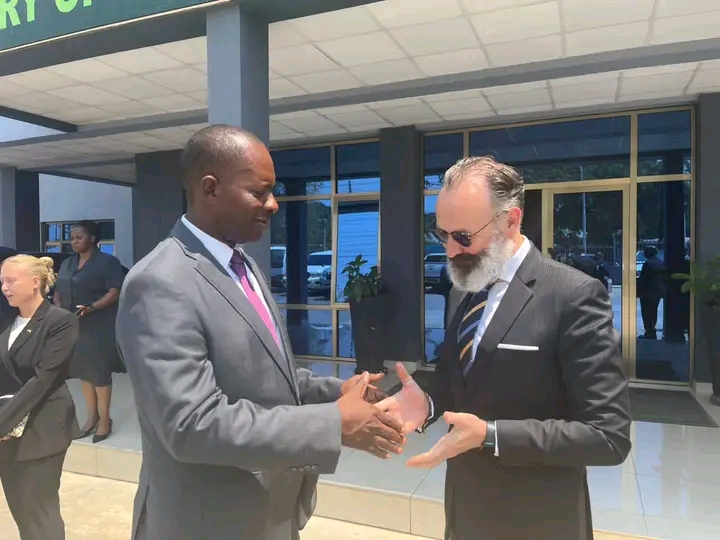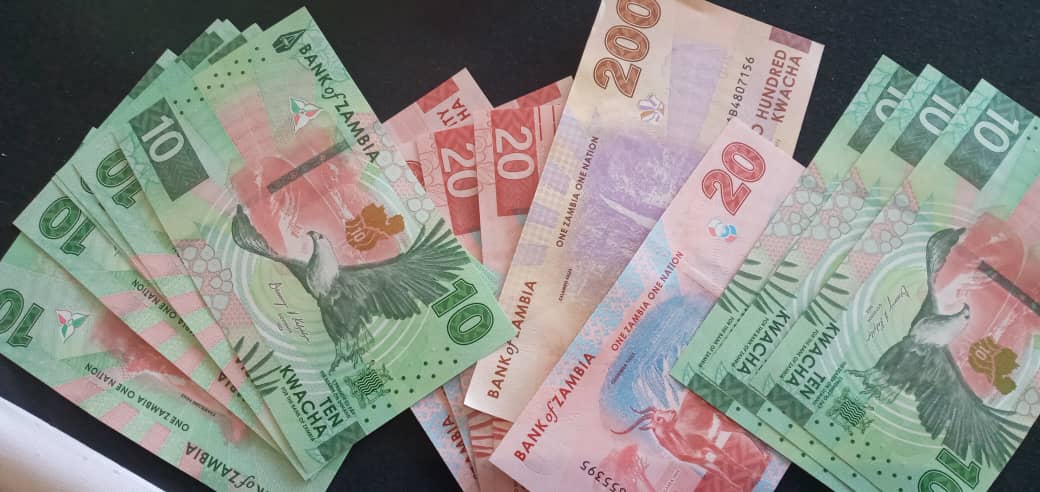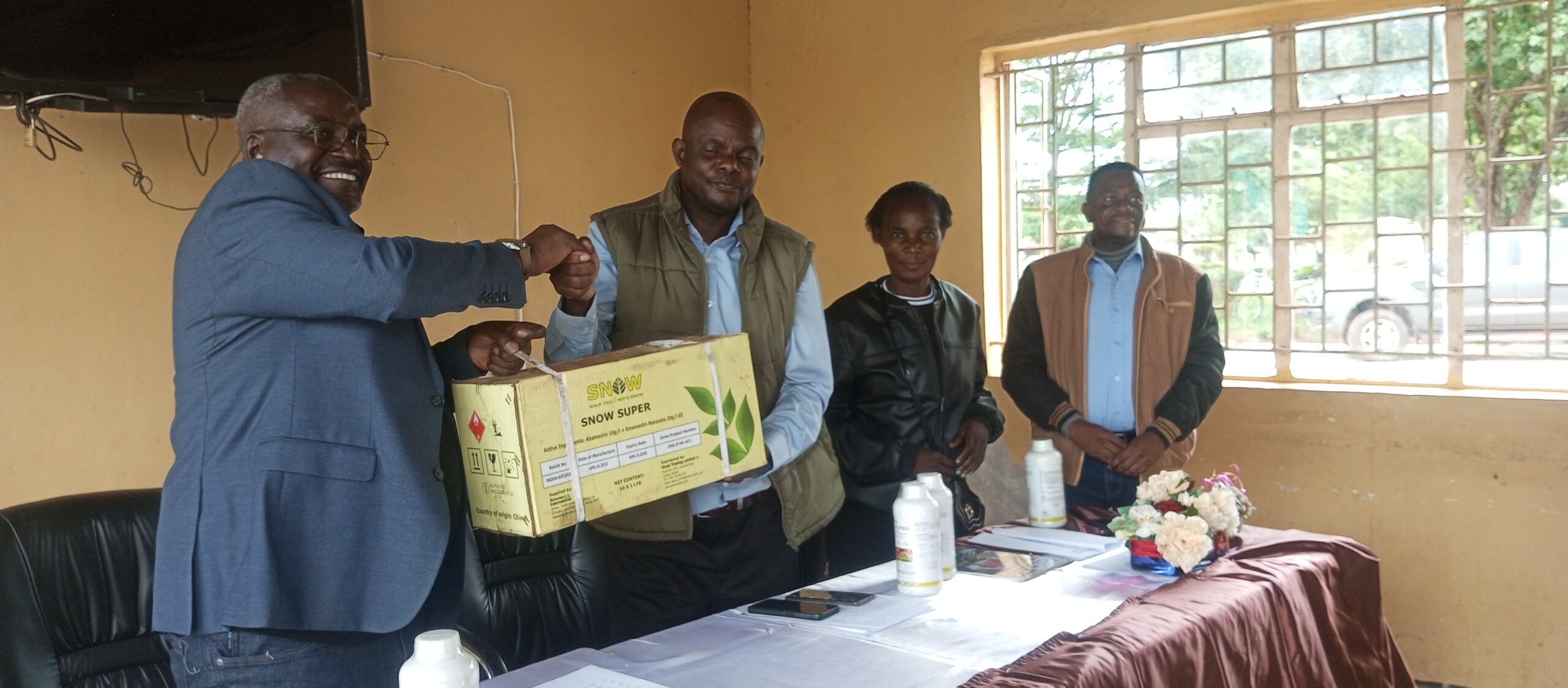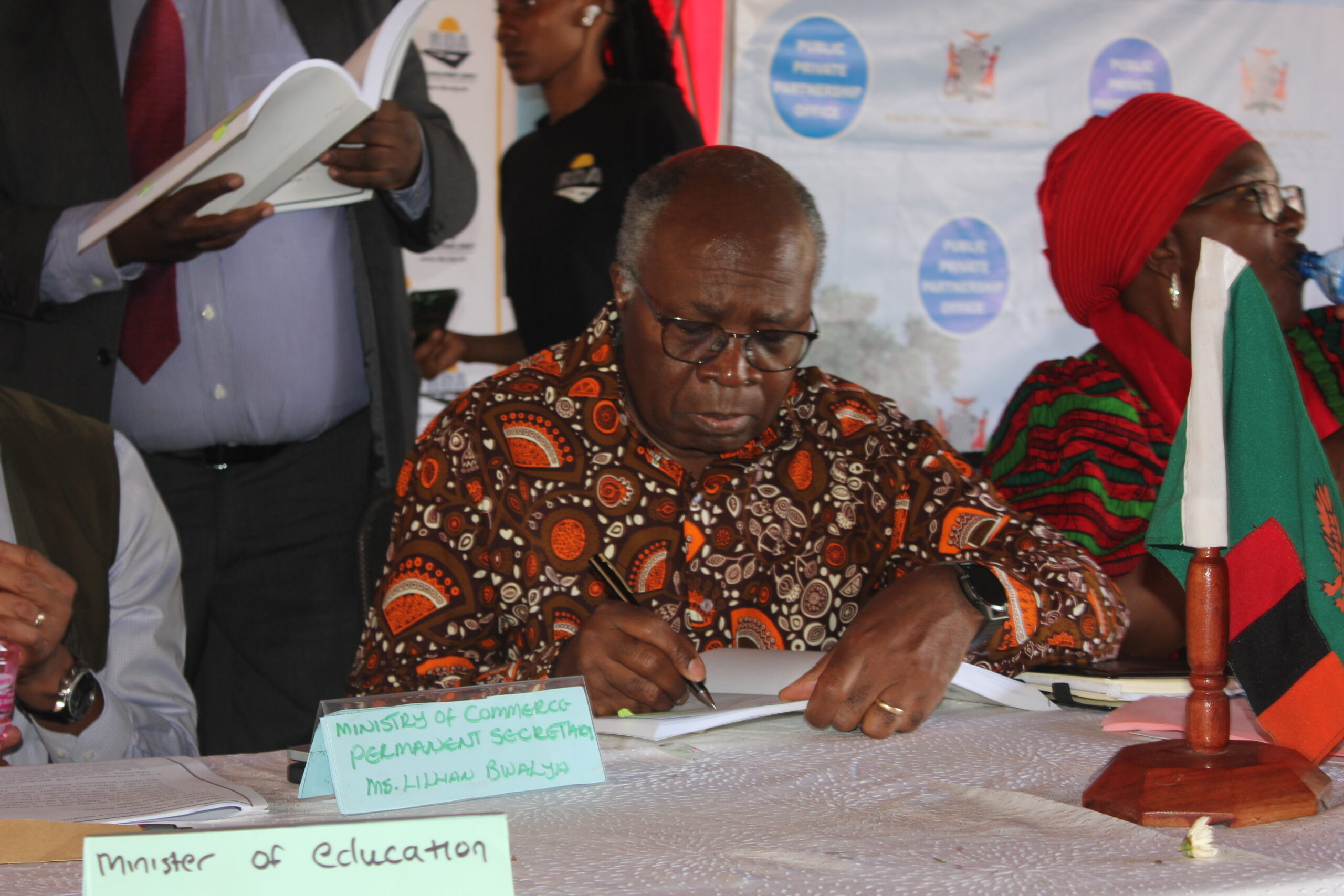By JOHN CHOLA
Sweden is increasing Social Cash Transfer (SCT) with a US$2 million fillip as part of its drought response support to Zambia.
This assurance was made by Swedish Ambassador to Zambia, Johan Hallenborg, during a courtesy call on Minister of Green Economy and Environment Mike Elton Mposha in Lusaka on Wednesday.
Ambassador Hallenborg highlighted Sweden’s ongoing support to Zambia, noting the shared experience of climate change impacts between the two countries.
“We have assisted through the EU, donating US$1 million to the World Food Programme for humanitarian aid. This is part of the emergency cash transfer programme, which I recently visited in Monze District, where the effects of drought are devastating,” Hallenborg said.
Sweden planned to inject an additional US$2 million into the SCT programme to aid vulnerable Zambians. Sweden is one of the primary contributors to the UN Central Emergency Response Fund (UNCERF), which has allocated US$5.5 million for Zambia’s drought response.
“Sweden does not sit idly when we see drought in Zambia,” said Ambassador Hallenborg. He emphasized the importance of continued collaboration between the two countries, especially in international fora like the United Nations Climate Change Conference (COP).
Mposha thanked Sweden for its unwavering support, stating that Zambia remained focused on developing climate-resilient infrastructure, enhancing disaster preparedness, and promoting climate-smart agriculture.
“Our goal is to transition Zambia into a low-carbon and resource-efficient economy that benefits all citizens. Initiatives focusing on renewable energy, sustainable agriculture, and eco-tourism are key to reducing our carbon footprint and building resilience,” he said.
Mposha said his ministry was committed to align economic growth with environmental sustainability, underscoring Zambia’s efforts to address the challenges of climate change, deforestation, and environmental degradation.
“With the strong partnership of cooperating partners like yourselves, we are confident in addressing these multiple challenges.”
Mposha called for stronger bilateral relations between Zambia and Sweden, citing several key initiatives, including the Sweden-Zambia Development Cooperation Agreement and the Zambia-Sweden Trade and Investment Agreement.
He cited the recent Memorandum of Understanding (MOU) on cooperation in the Carbon Market under the Paris Agreement as a testament to the growing collaboration between the two nations.
Additionally, Mposha revealed that Zambia is in the advanced stages of enacting the Climate Change and Green Economy Bill, a critical step in the country’s long-term climate resilience strategy.








